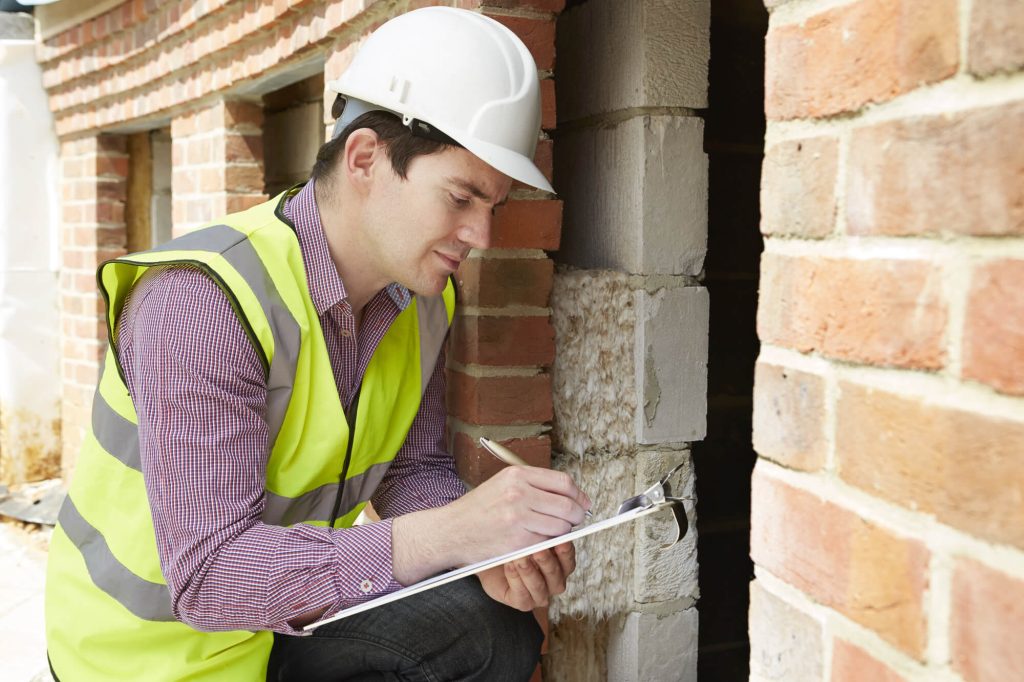Are PEOSH inspectors knocking on your school’s door? Across New Jersey, school districts are seeing more scheduled and surprise inspections from the Public Employees Occupational Safety and Health (PEOSH) program. These inspections aren’t just routine—they’re zeroing in on hot-button compliance issues that directly affect the health and safety of teachers, custodians, staff, and students. Here’s what administrators need to know and how to prepare.
What Does PEOSH Look for in NJ Schools?
PEOSH inspections cover a wide range of safety and health issues, but some areas are getting special attention:
- Indoor Air Quality (IAQ): Mold, humidity, temperature control, and ventilation systems.
- Chemical Safety & Right to Know (RTK): Proper labeling, safe storage, and annual chemical inventory surveys.
- Building Hazards: Asbestos management, lead-based paint, and maintenance practices.
- Workplace Safety Practices: Ladder safety, lockout/tagout procedures, eyewash station access, PPE training, and fire code compliance.
- Bloodborne Pathogen Programs: Policies and staff training for nurses and custodial staff.
Do PEOSH Inspections Lead to Fines?
Not always. First-time or non-willful violations usually result in written orders that require corrective action. But repeat or willful violations—or ignoring known hazards—can quickly escalate into serious fines and penalties. Districts that fail to act put both staff and students at risk, while also facing financial consequences.
The #1 Hot-Button Issue: Indoor Air Quality
Indoor Air Quality is top of mind for PEOSH inspectors. Mold, poor ventilation, and humidity problems can lead to respiratory irritation, asthma flare-ups, and long-term health issues. With more attention on ventilation systems since COVID-19, schools are expected to be proactive—conducting routine inspections, performing maintenance, and fixing problems before they get worse.
Don’t Forget the Right to Know (RTK) Survey
Every public employer, including schools, must submit an annual Right to Know chemical inventory survey. The 2025 deadline is July 15, and noncompliance carries a penalty of $1,000 per facility. This is a simple requirement that PEOSH inspectors will expect to see in order.
Quick Compliance Checklist for NJ Schools
Want to stay ahead of inspections? Here’s a fast checklist administrators can use:
- Confirm lead in water testing was completed by June 30, 2025
- File the Right to Know survey by July 15, 2025
- Inspect eyewash stations for accessibility and maintenance
- Train staff on ladder safety and lockout/tagout procedures
- Review chemical storage and labeling for RTK compliance
- Assess IAQ—ventilation, mold, humidity, temperature
- Review asbestos and hazard communication plans
- Verify bloodborne pathogen training for nurses and custodians
- Ensure PPE is available and staff are trained
- Inspect fire extinguishers, exits, and storage areas
- Review housekeeping, reporting, and recordkeeping procedures
How Karl Environmental Can Help
Staying compliant doesn’t have to be overwhelming. Karl Environmental helps school districts across New Jersey tackle safety compliance with services including:
- Lead and water testing to meet NJDEP requirements
- PEOSHA/OSHA review and training
- Asbestos, mold, and indoor air quality assessments
- Assistance with Right to Know surveys and chemical inventory management
- Customized safety compliance inspections and staff training programs
Whether you’re preparing for a scheduled PEOSH inspection or responding to a surprise visit, our team can help you protect your staff and students while avoiding costly penalties. Contact Karl Environmental today to schedule a consultation and get peace of mind.

